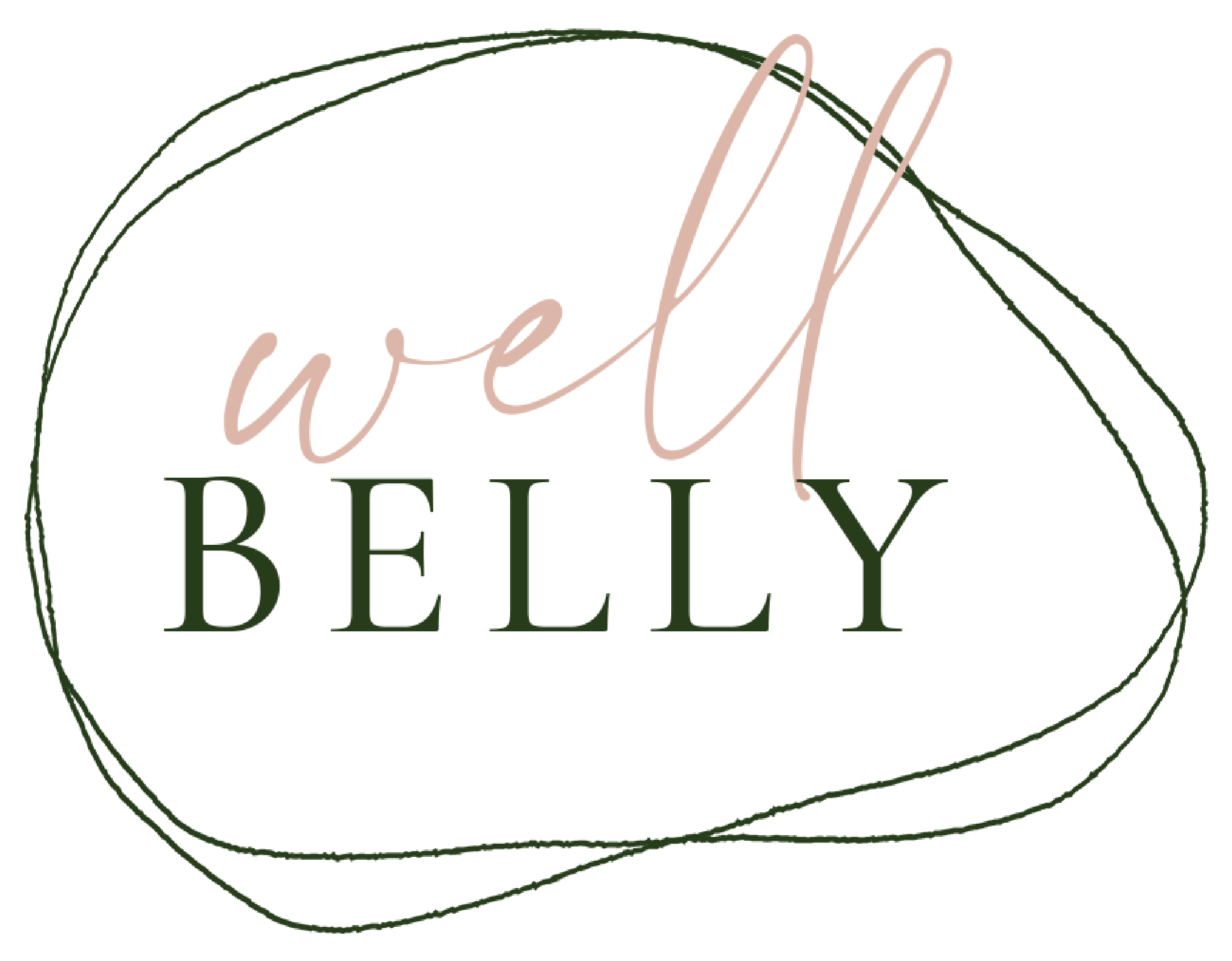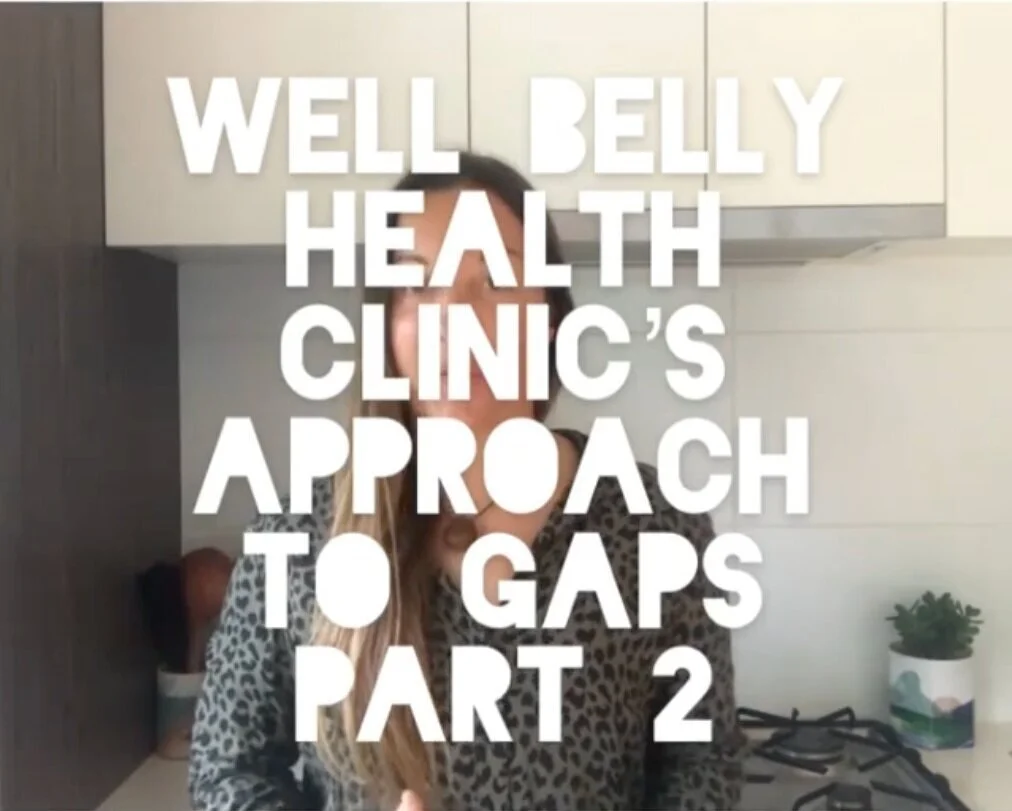Flip it - the Well Belly Health approach to GAPS
Elyse transcript - Part 1:
So what is GAPS all about? This seems really simple but when we think about GAPS, we've got to think about it not as this protocol outside of ourselves, this thing that we need to follow step by step, in the end gaps is always about you, and you feeling better, or a member of your family feeling better. So that means the approach that you take to GAPS needs to be heading towards you feeling better. Now, if you feel extremely stressed and overwhelmed, Do you feel better? The answer is no. So the way you approach GAPS, you need to take into consideration how you're feeling all the time. I have worked with hundreds of families through the GAPS protocol. And I've seen it done in hundreds of ways because it's not the same for any family that I work with. So the way you approach it, how slowly the steps you start to take what you focus on first, is always focused on you feeling better, not more stressed and overwhelmed. So if you're looking at GAPS in a way where you're sitting there feeling extremely stressed and overwhelmed, then what you're looking at is not the right next steps for you and your family. So it's about figuring out what those next steps are. So you can feel good about every step that you're taking.
Elyse transcript - Part 2
The way that we approach GAPS in the Well Belly Health Clinic is taking a step by step approach that's very focused on each individual family. So no two families that we work with are the same. And we don't start working with a family with a step by step plan in mind. So working on something like GAPS working on your health, it's a relationship. It's one that's formed through communication, and looking at the goals that that family has. And as practitioners we’re there to help support and guide to reach those goals. So they're not goals that we're making as a clinic. They're goals that you're making as a family. And we work together in order to reach those goals. So the way we work together is constant feedback and communication, we implement something, and then we get the feedback of how that's going. And hello, everybody is responding to that. And that means in regards to their health, like if there's any reactions or intolerances, or any kind of reaction like that a detox reaction, but also how it's feeling in terms of sustainability. So the biggest factor in life long health changes is whether or not is it is sustainable. So what we're always aiming for is that every step we're taking is sustainable. And it is important that you feel like you are taking charge of your own health, and that how you're feeling and what you're feeling like the best step to take is, is really important. And that's taken into consideration how we approach things. So when it comes to resolving health issues, it's really important that it's a very individualized approach, and that it's focused not just on the nutrition, but looking at the whole life, and how everything is going on in your life, how it all fits in that picture, and how we're using our holistic approach to make sure that we are stepping towards your goals.
Elyse transcript - Part 3
So with most families that we work with, we start with the GAPS principles. So we start with your diet exactly where it is at currently. And that could be a fairly standard diet, you might already be working on some whole foods. So wherever your diet is currently at that is where you start with GAPS. And you start by just bringing in some of the principles. And as you start working on bringing those principles in, then making the next step becomes so much easier. So some of those GAPS foundational principles that we might start to bring in things like meat stocks, is starting to switch out one meal at a time and make it more of a fat and protein based meal and start to reduce the refined carbohydrates. So it's just really about taking steps from where you're at. And this is really important when working with kids and working with fussy eating. It's incredible. The changes that I see when we work in this way. And it's important that we keep this not stressful and not overwhelming because if you are trying to overhaul your whole family's diet in one week, it will be stressful, it will be overwhelming, you will get a lot of backlash from members of the family. That doesn't make it fun for anyone. So it's about really taking that long term approach. And a major step in that is just starting to bring in add in those GAPS principles without the focus on what you're taking away as the first step.



